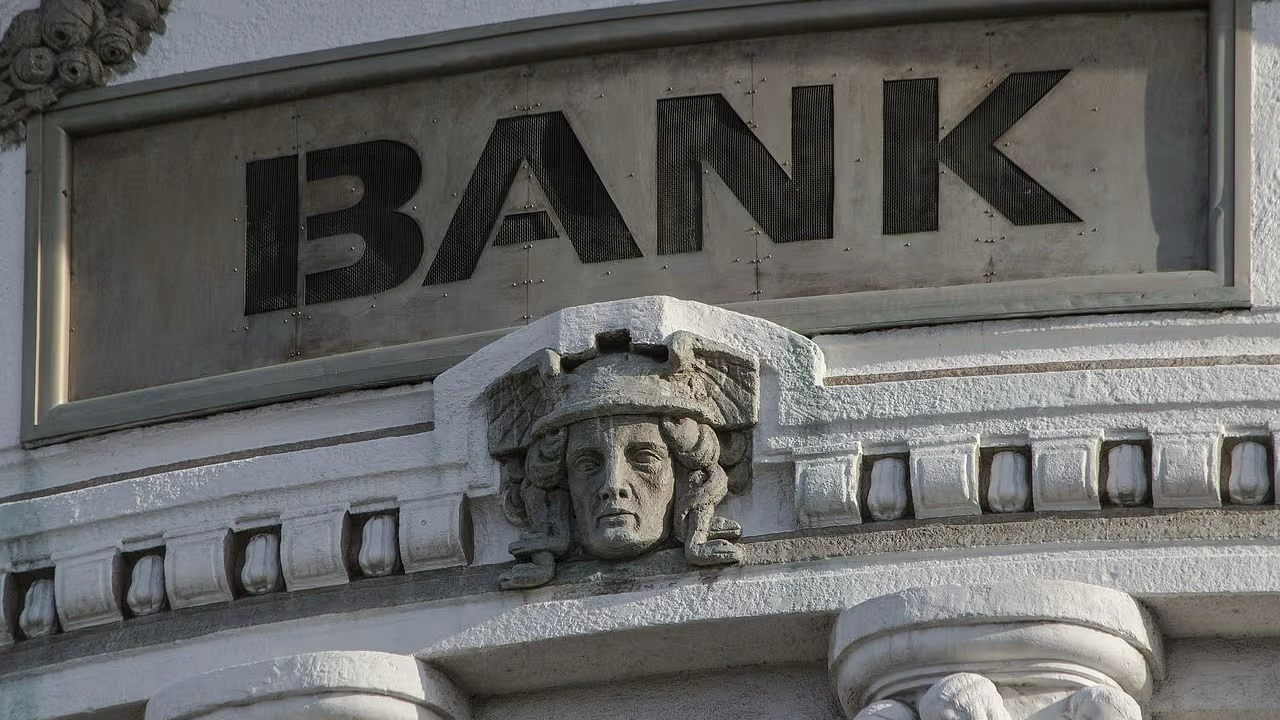Fintech, crypto firms seek banking licenses under Trump administration: Reuters
Fintech, crypto firms seek banking licenses under Trump administration: Reuters
Fintech and cryptocurrency companies are increasingly applying for state or national banking licenses, despite historical resistance to centralized banking systems.
Posted by Francisco Rodriguez | Edited by: Aoyon Ashraf Updated: March 19, 2025 14:26 UTC Published: March 18, 2025 18:58 UTC

What you need to know:
- Fintech and crypto companies are increasingly applying for banking licenses in anticipation of a more favorable regulatory environment.
- Becoming a bank allows companies to accept deposits and reduce borrowing costs, but it also increases the level of control.
- Traditionally, regulators have approved only a small number of new bank charters, although recent data shows a more orderly process.
Financial technology and cryptocurrency companies are applying for state or national bank licenses in an effort to expand their operations under a more crypto-friendly Trump administration, as industry officials report a marked increase in interest and license applications, Reuters reports.
“We are seeing significantly more interest. We are currently working on several applications,” Alexandra Steinberg Barrage, a partner at law firm Troutman Pepper Locke, told Reuters. Still, companies are “cautiously optimistic” in light of the changes in regulatory leadership.
Becoming a bank would require stricter regulation, but could reduce borrowing costs and increase legitimacy. Bank charters allow companies to reduce their cost of capital by accepting deposits, but access to them has been a contentious issue in the crypto community.
Various cryptocurrency companies have long resisted becoming banks due to the regulations involved, preferring to follow industry principles of decentralization and improving access to financial services for the unbanked and underbanked.
Cryptocurrency companies like Paxos, Anchorage, and Protego have applied to become federally regulated crypto banks, though only Anchorage has been able to obtain a federal trust charter through the U.S. Office of the Comptroller of the Currency (OCC). Kraken and Avanti have received special depository institution licenses in Wyoming, allowing them to operate as state-regulated crypto banks.
Historically, new bank charters have been rare. From 2010 to 2023, regulators approved an average of just five charters a year, compared with 144 charters a year from 2000 to 2007, according to S&P Global.
Applications have been down due to low interest rates, profitability concerns and regulatory hurdles. The Federal Deposit Insurance Corporation (FDIC) and Federal Reserve officials have voiced support for streamlining the process. However, setting up a new bank remains expensive, with costs ranging from $20 million to $50 million, according to reports.
Read more: Cryptobank Sygnum achieves unicorn status with $58 million round
CORRECT (March 19, 14:25 UTC): Corrected fifth paragraph to reflect that only Anchorage is a crypto bank with an OCC charter. An earlier version of this story implied that all three companies mentioned had protected charters.



